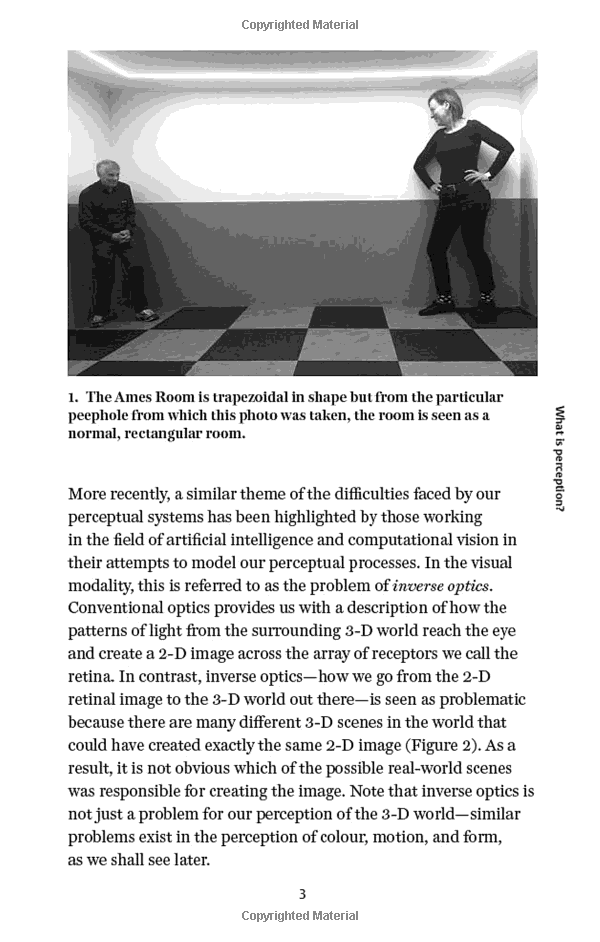Discover the Power of 1 Peter 2:23: Embracing the Art of Resilience and Forgiveness
Guide or Summary:Understanding 1 Peter 2:23The Call to ResilienceThe Importance of ForgivenessTrusting in Divine JusticeApplying 1 Peter 2:23 in Daily Life……
Guide or Summary:
- Understanding 1 Peter 2:23
- The Call to Resilience
- The Importance of Forgiveness
- Trusting in Divine Justice
- Applying 1 Peter 2:23 in Daily Life
---
#### Description:
In a world filled with challenges, temptations, and conflicts, the wisdom found in 1 Peter 2:23 offers profound insights into resilience and the power of forgiveness. This biblical verse serves as a guiding light for those seeking to navigate the complexities of life with grace and integrity. In this article, we will explore the significance of 1 Peter 2:23 and how its teachings can inspire personal growth and emotional healing.

Understanding 1 Peter 2:23
The verse states, "When he was reviled, he did not revile in return; when he suffered, he did not threaten, but continued entrusting himself to him who judges justly." This powerful message encapsulates the essence of Christ's response to adversity. Instead of retaliating against those who wronged him, Jesus chose a path of humility and trust in God's ultimate justice. This approach invites us to consider how we react to the challenges and injustices we face in our own lives.
The Call to Resilience
Resilience is the ability to bounce back from difficulties. In a society that often encourages retaliation and anger, 1 Peter 2:23 challenges us to adopt a different mindset. By embodying the principles of patience and understanding, we can cultivate resilience in our daily lives. This verse reminds us that our reactions define our character. Instead of succumbing to negativity, we have the opportunity to rise above and respond with grace.
The Importance of Forgiveness
Forgiveness is a central theme in many spiritual teachings, and 1 Peter 2:23 emphasizes its importance in our lives. Holding onto grudges and resentment can weigh heavily on our hearts and minds. By choosing to forgive, we free ourselves from the burden of anger and open the door to healing. Jesus’ example teaches us that forgiveness is not a sign of weakness, but rather an act of strength and love. It allows us to move forward, unshackled by the past.

Trusting in Divine Justice
The latter part of 1 Peter 2:23 speaks to the importance of entrusting ourselves to God, who judges justly. In moments of injustice, it can be tempting to take matters into our own hands. However, this verse encourages us to place our faith in a higher power. By trusting in divine justice, we can find peace in knowing that every action has consequences. This trust allows us to let go of our need for immediate retribution and focus on our own growth.
Applying 1 Peter 2:23 in Daily Life
To incorporate the teachings of 1 Peter 2:23 into our daily lives, we can start by practicing mindfulness in our reactions. When faced with conflict, take a moment to pause and reflect before responding. Ask yourself: "How can I respond with grace?" Additionally, make a conscious effort to forgive those who have wronged you, recognizing that forgiveness is a gift you give to yourself.
Engaging in community service or acts of kindness can also be a practical application of this verse. By choosing to uplift others, we embody the spirit of resilience and forgiveness that 1 Peter 2:23 advocates. This not only benefits those around us but also enriches our own lives.

The teachings of 1 Peter 2:23 resonate deeply in our modern world, offering a powerful framework for resilience and forgiveness. By embracing these principles, we can navigate life's challenges with grace, cultivate a spirit of forgiveness, and trust in divine justice. Let this verse be a reminder that our responses shape our lives, and through love and understanding, we can create a more compassionate world.